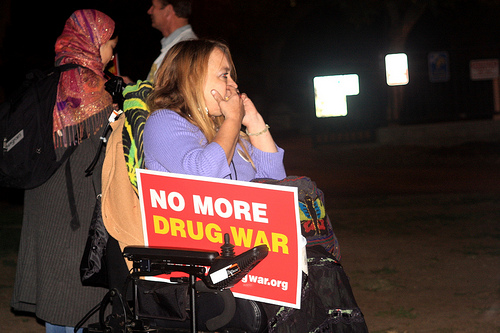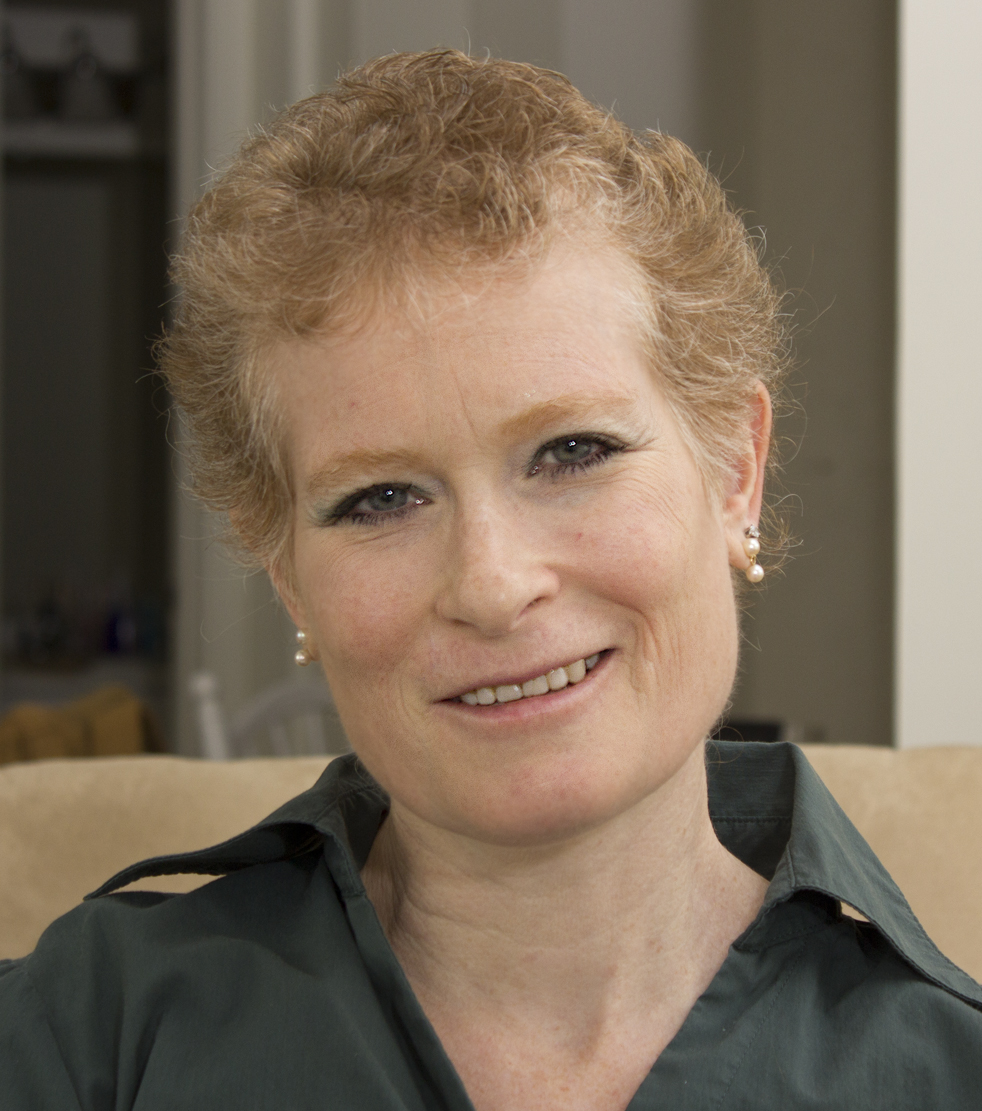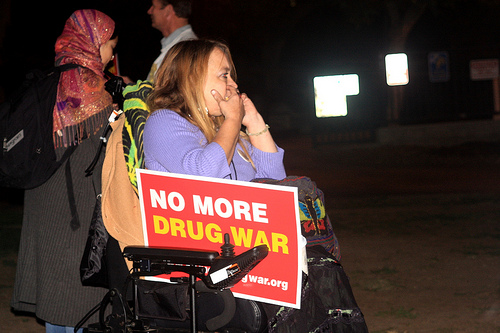

A New Take On Addiction & Its Causes – Vol. 364, June 2, 2016
Johann Hari wrote a thought provoking blog post for Huffington Post called The Likely Cause of Addiction Has been Discovered and It is Not What You Think
After many experiments done on rats, it becomes evident that the opposite of addiction is not sobriety, it is social engagement. In one experiment in particular the rats were placed in isolated cages with nothing to do, with cocaine added to their water. They were left there for 57 days straight and became obsessed with the water and kept coming back for more.
When the rats were taken out of isolation and put into rat parks, with toys, tunnels, many friends and two water bottles, one with the cocaine asses and one without, the rats no longer wanted the drugged water. The only change in the rats seen was a few twitches from withdrawal.
A comparison was made between those who are street addicts who are alone and isolated and the isolated rats who only had the cocaine water to stimulate them. They had nothing to do but to take the drug. Nine out of ten of rats died if that was all they were given.
The person who takes the drug in a hospital hardly ever gets addicted to the drug. This is because they return home to loving relatives and activities they enjoy. There is no reason to continue to take the drug so they easily stop taking it.
So the premise made here by Professor Peter Cohen who did these experiments on rats is that because human beings get satisfaction from bonding and forming connections with others, if we can’t connect with one another, we will bond with anything including drugs, gambling, shopping, whatever.
I find this very interesting as a person who has worked with people with various forms of addictions. It takes away the idea that one needs a power higher then they to let go of these addictions and the morality play that the 12-step programs have in place and instead goes to the root of the problem. A problem that I believe is getting worse based on all the screen time people have versus spending time face-to-face with their friends and family. It has caused many to feel more isolated and alone bringing on depression, which then in turn can become various addictions to hide those lonely depressed feelings.
I also appreciate Ms. Haris’ observation that the reason the addictions treatment became a morality play instead of an illness that deserves treatment is because of the frame that is used in the 12-step programs. Programs that have been shown to not work because 70% of the people who attend meetings stop after 6 months. Adding to that is the whole idea that many are turned off by having to defer to a power higher than they to let go of their addictions.
I have found in my own practice that the best way to treat addictions is to first help the addict “fall back in love” with themselves, so that they want to take better care of themselves. Then we need to help them to get involved in their lives again, finding things of more interest then their addictions. We call this a “compelling future” because it is something that the addict feels compelled to do and is based on something bigger then they. I do believe for those with addictive habits, a course of treatment to dislodge the brain’s association with the addiction is mandatory. Lastly, boundaries need to be created to have functional and respectful relationships first with themselves and then with others.
I have no use for the outdated 12-step model where the responsibility of the addict to become non-addicts is taken away. Also, as a hypnotist, I am well aware of the recurring statements of one stating that they are and will always be an addict, will only cement in their minds that they will always have to be an addict with the thoughts and feelings of an addict, constantly fighting their addictions. This is an untrue and unwise approach to addiction treatment, but allows the rehab centers to become wealthy for the many who repeatedly end up there.
I also know that there are three ways for an addict to become a non-addict:
First, is the compelling future to be doing and being more important things than the addiction. Second, is a a religious conversions which we hear about happening in prisons and third is to get them out of the theatre of war, abusive relationships whatever the stress is that caused the addiction.
So, it is quite true that an addict has many ways to release themselves from addictions. True emotional connection with other human beings is a very important part of that process.
The Huffington Post article is based on Johann Hari’s book Chasing The Scream where she chronicles her research into the better understanding of addictions which you can find at: www.chasingthescream.com.
Photo by Neon Tommy 

Sign Up Now for your Free 1/2 Hour Consultation
If you have found this website helpful and informative and either you or someone you care about has an issue that might need clearing. Then Suzanne would like to invite you to experience a 1/2 hour free no obligation consultation via phone or Skype. Suzanne has successfully helped people all over the world, why not give her the chance to help you. Get the facts about your personal situation from a caring professional source and change your life for the better today!
Sign Up Now for your Free 1/2 Hour Consultation

